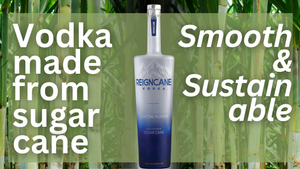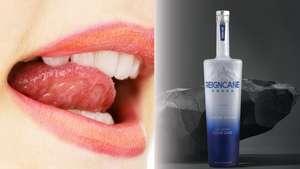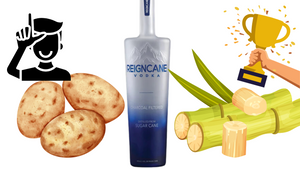Introduction
Vodka, a clear spirit with a high alcohol content, is often considered a stable liquor that can last indefinitely. However, does vodka truly have an eternal shelf life, or can it spoil like other beverages? In this article, we'll explore the factors influencing vodka's lifespan, the differences between unopened and opened bottles, and tips for maximizing its quality over time.
The Science Behind Vodka's Shelf Life
Vodka's impressive shelf life is primarily attributed to its high alcohol content, typically around 40% ABV (alcohol by volume). Alcohol acts as a natural preservative, inhibiting the growth of bacteria and other microorganisms that cause spoilage in many food and drink products. This is why vodka, along with other spirits like rum, whiskey, and gin, are generally considered shelf-stable.
However, while pure ethanol is virtually indestructible, vodka is not simply pure alcohol. It contains water and, in some cases, trace amounts of impurities or flavorings. These elements can potentially degrade over time, affecting the vodka's taste and quality.
Unopened Vodka: Indefinite Shelf Life
Unopened bottles of vodka, stored properly in a cool, dark place away from direct sunlight, can last for an incredibly long time, potentially decades or even indefinitely. The alcohol content prevents spoilage, and as long as the bottle remains sealed, the quality should remain relatively consistent.
Some experts suggest that vodka can even improve with age, as the flavors mellow and blend over time. However, this is subjective and depends on personal preference.
Opened Vodka: Gradual Degradation
Once a vodka bottle is opened, its quality will gradually decline due to oxidation. Oxygen reacts with the alcohol, leading to subtle changes in flavor and aroma. While the vodka won't become unsafe to drink, it might not taste as fresh and vibrant as it once did.
The rate of oxidation depends on various factors, including the storage conditions and the type of vodka. Clear, unflavored vodkas tend to last longer than flavored vodkas, which contain sugars and other ingredients that can accelerate oxidation.
Signs of Spoiled Vodka
While vodka is unlikely to spoil in the traditional sense, there are some signs that indicate a decline in quality:
- Flat taste: If the vodka tastes dull or lacks its characteristic flavor, it might be past its prime.
- Off-putting odor: A strange or unpleasant smell can indicate oxidation or contamination.
- Discoloration: While rare, a change in color could suggest a reaction with the bottle's materials or exposure to light.
If you notice any of these signs, it's best to discard the vodka, as it won't provide an enjoyable drinking experience.
Tips for Storing Vodka
To maximize vodka's shelf life and preserve its quality, follow these storage tips:
- Store in a cool, dark place: Avoid exposing the bottle to direct sunlight or heat, as this can accelerate oxidation and degrade the flavor.
- Keep the bottle tightly sealed: This prevents oxygen from entering and interacting with the alcohol.
- Store upright: This minimizes the vodka's contact with the bottle's cap, potentially reducing the risk of contamination.
- Consume flavored vodkas sooner: Due to their added ingredients, flavored vodkas have a shorter shelf life and should be enjoyed within a few months of opening.
Conclusion
In conclusion, vodka boasts an impressive shelf life, especially when unopened. While opened bottles will gradually degrade over time, they can still last for years if stored properly. By understanding the factors influencing vodka's lifespan and following the recommended storage practices, you can ensure that your vodka remains enjoyable for years to come.







